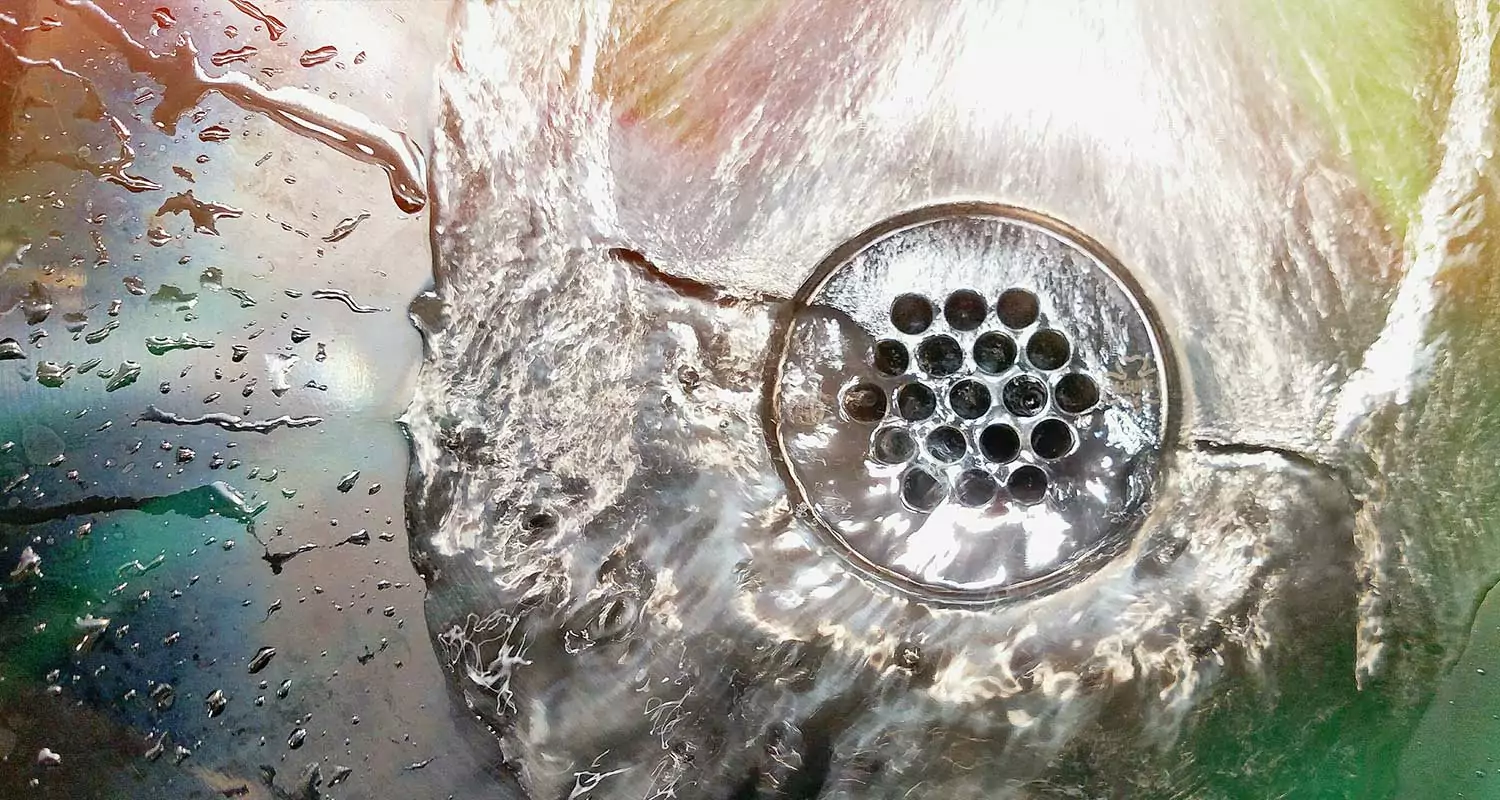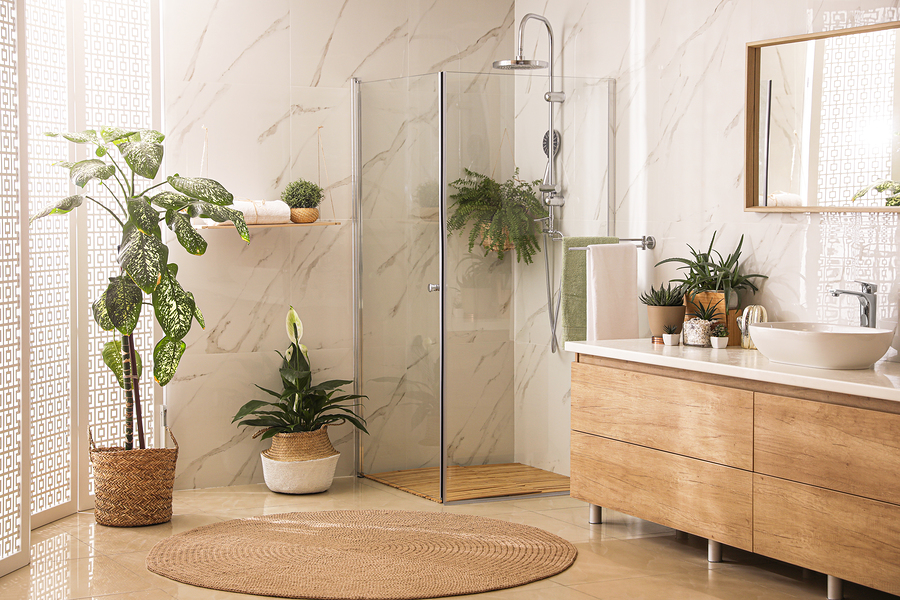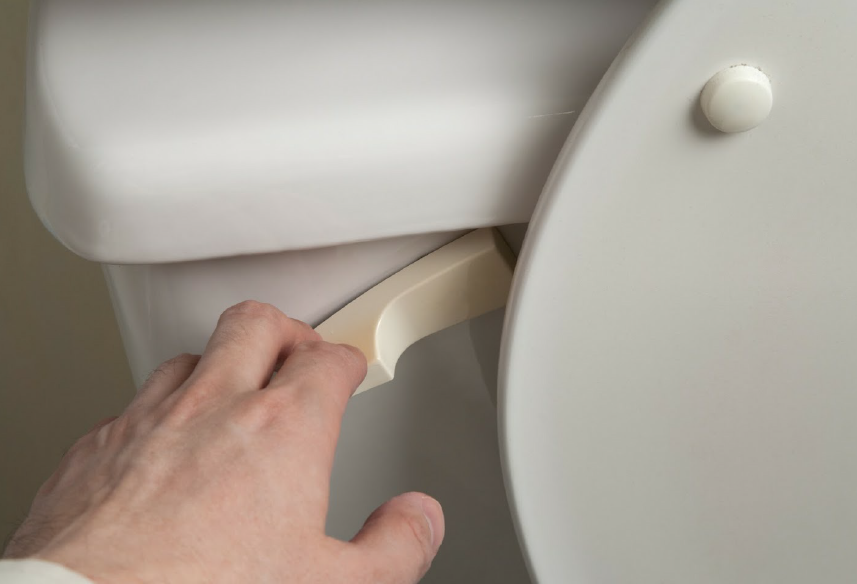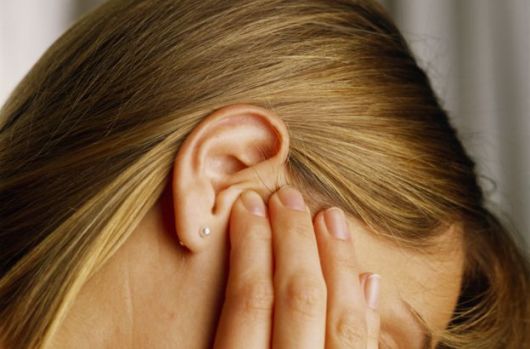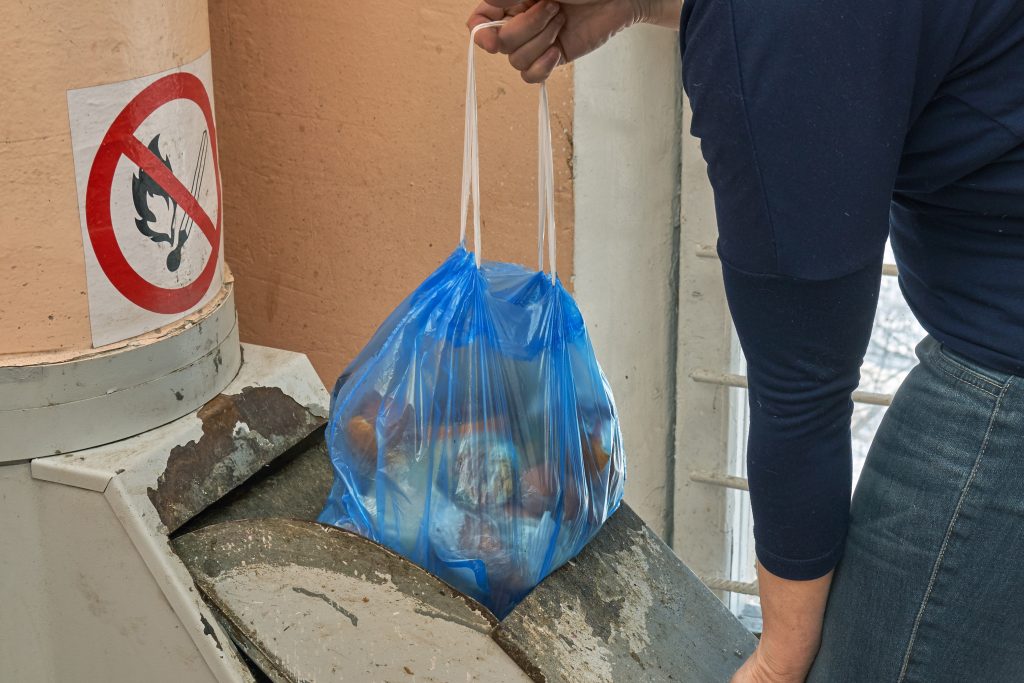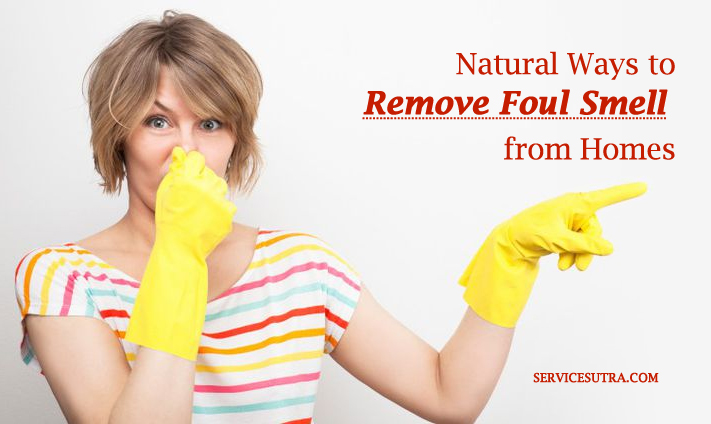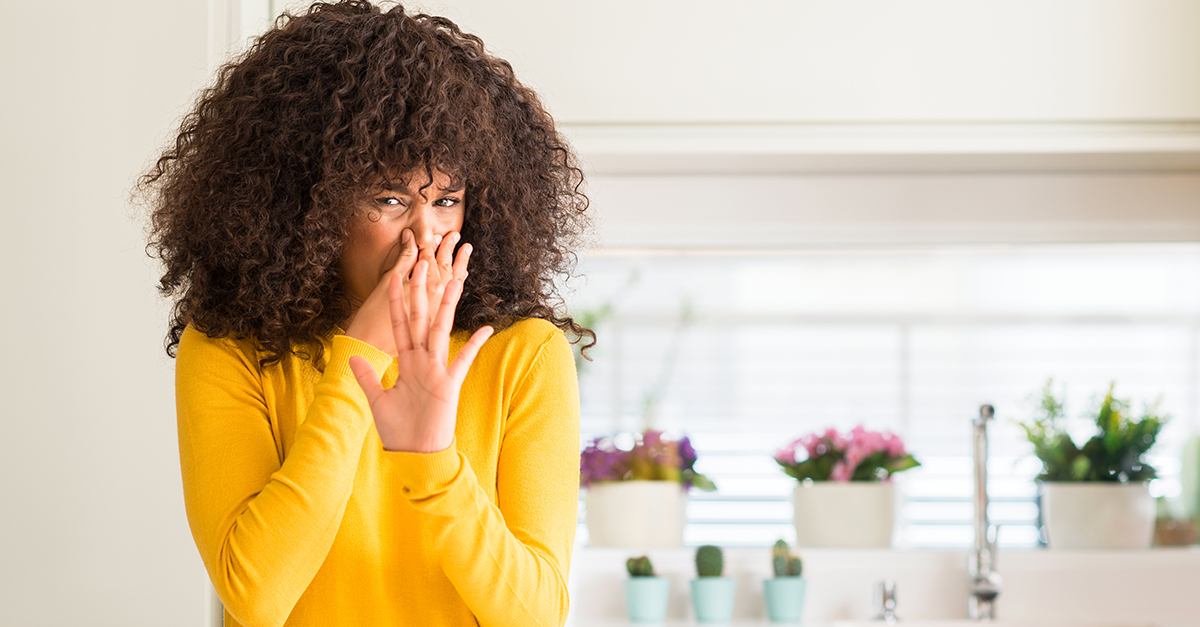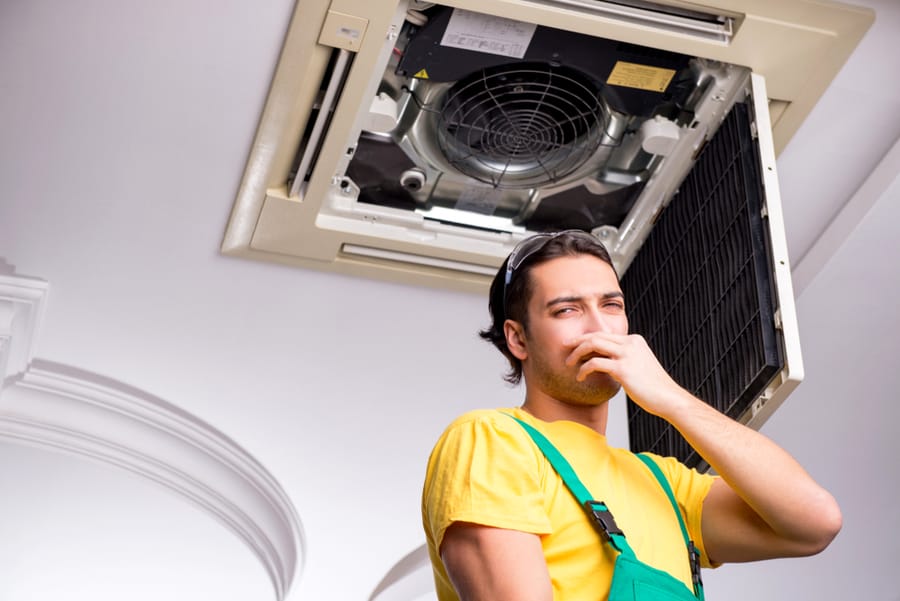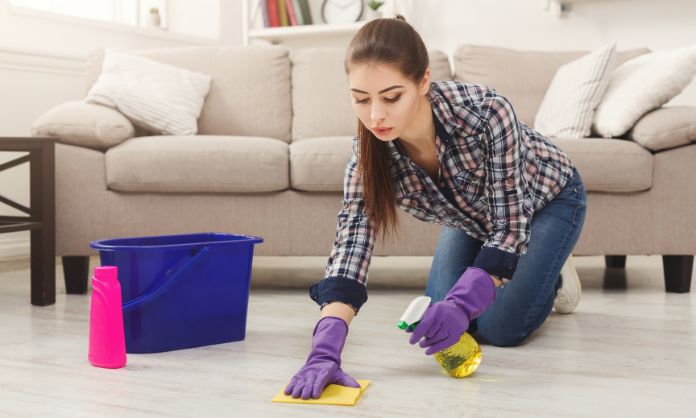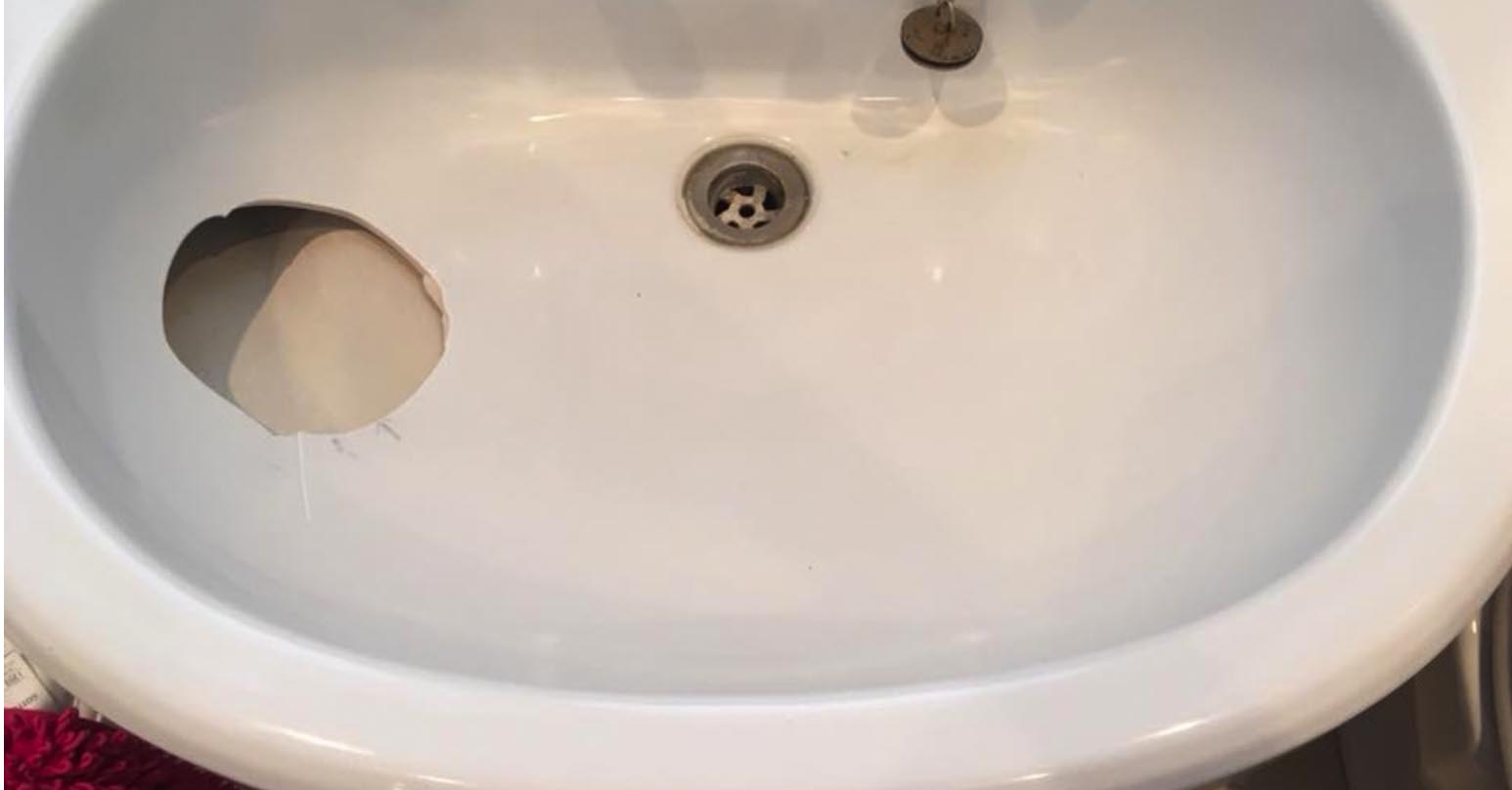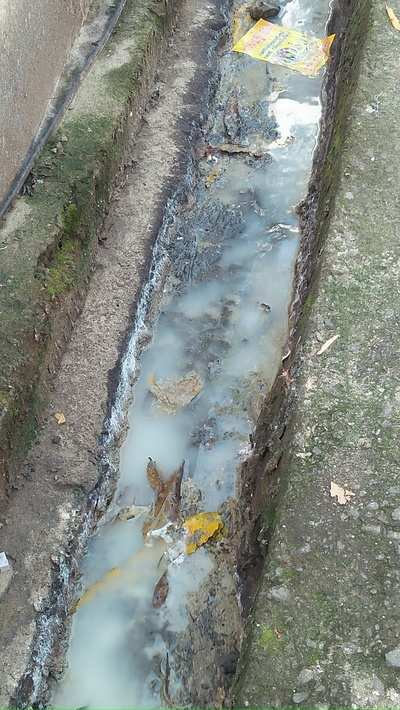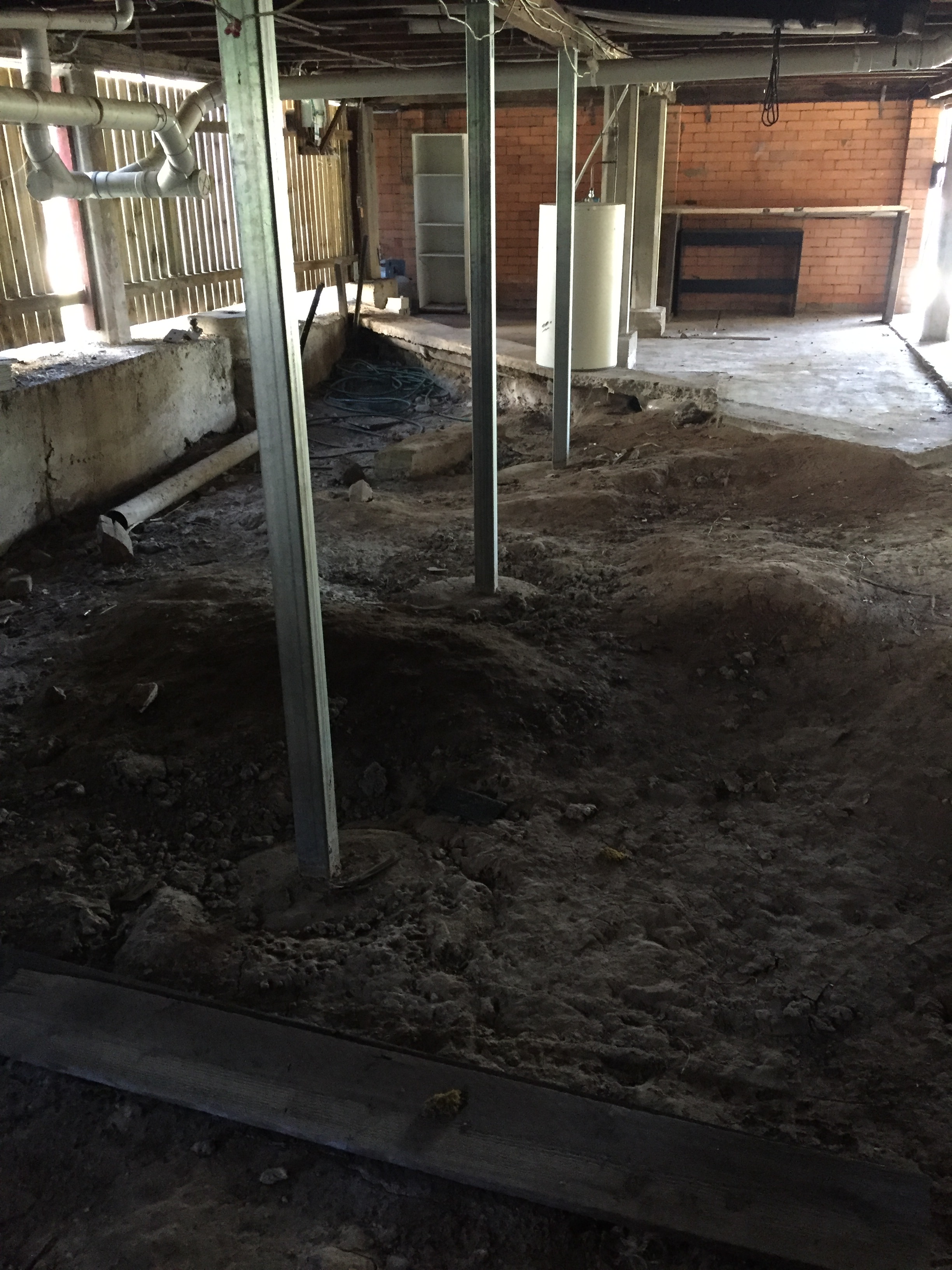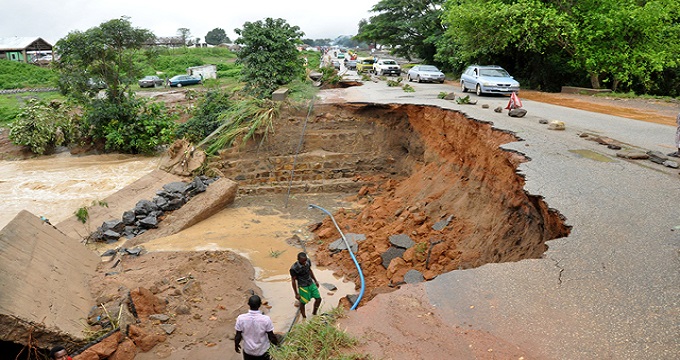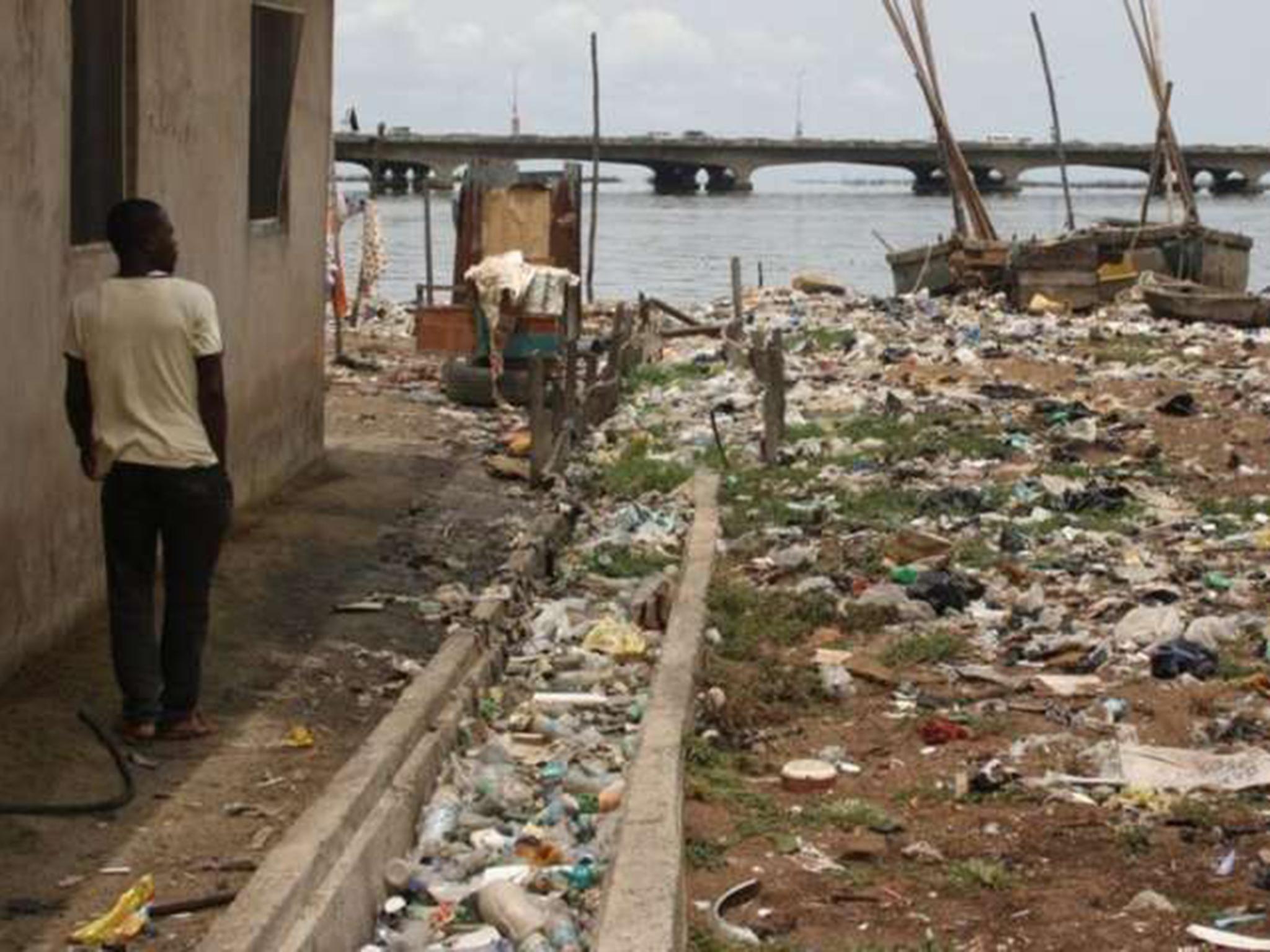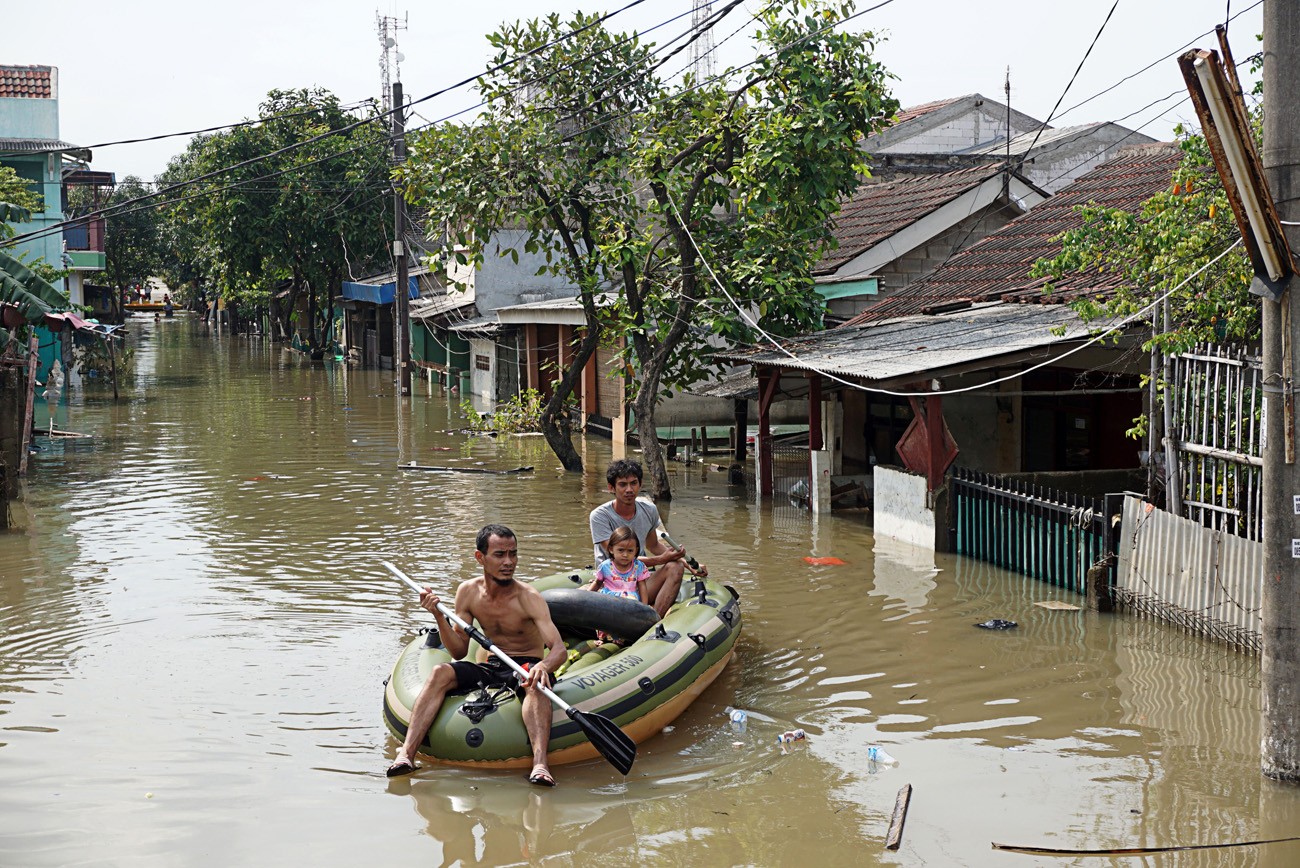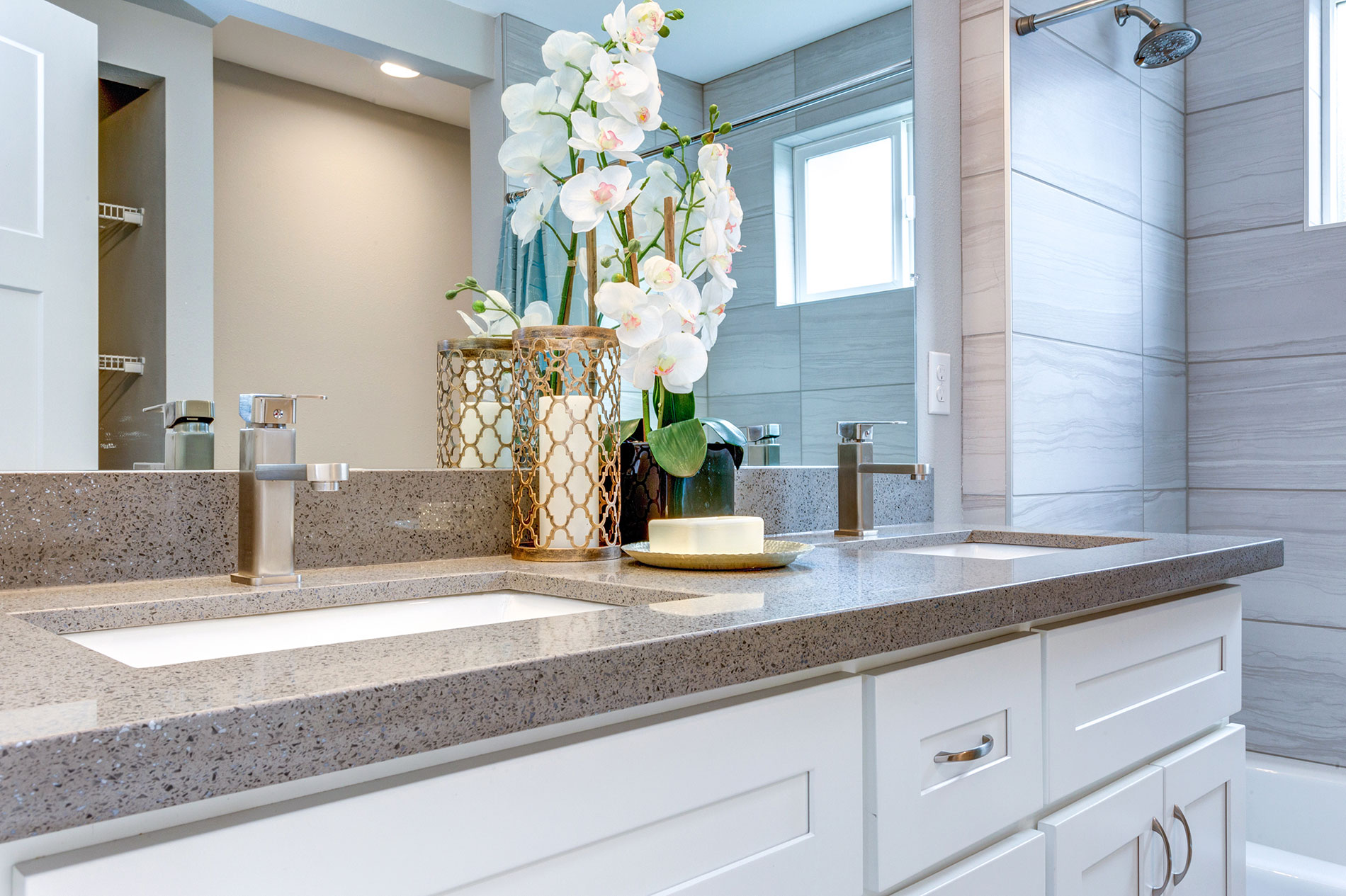1. Clogged Drain
One of the most common kitchen sink problems is a clogged drain. This can be caused by a variety of things, such as food debris, grease buildup, or foreign objects getting stuck in the pipes. A clogged drain can be a major inconvenience, as it can slow down the draining process and potentially lead to standing water in your sink. If left untreated, it can also cause unpleasant odors and even damage to your pipes.
To prevent clogged drains, be mindful of what you put down your sink. Avoid pouring grease or oil down the drain, as it can solidify and clog the pipes. Use a drain cover to catch any food particles and regularly clean out your garbage disposal to prevent buildup. If you do end up with a clogged drain, try using a plunger or a mixture of baking soda and vinegar to break up the blockage.
2. Leaky Faucet
A leaky faucet is not only annoying, but it can also waste a significant amount of water and increase your water bill. This is a common problem in kitchen sinks, as the faucet is used frequently and can wear out over time. A leaky faucet can be caused by worn-out washers, O-rings, or other internal components.
To fix a leaky faucet, you may need to replace some of the internal parts. This can be a DIY project, but if you're not confident in your plumbing skills, it's best to call a professional. To prevent a leaky faucet in the first place, avoid turning the faucet handle too tightly and make sure to turn it off completely after use.
3. Low Water Pressure
Low water pressure can be frustrating when trying to wash dishes or fill up a pot of water. This can be caused by a variety of factors, such as mineral buildup in the pipes, a clogged aerator, or a malfunctioning pressure regulator. Low water pressure can also be a sign of a larger plumbing issue, so it's important to address it as soon as possible.
To fix low water pressure, you may need to clean out the aerator or replace it altogether. If this doesn't solve the problem, you may need to call a plumber to investigate further. To prevent low water pressure, regularly clean out your aerator and be mindful of what you put down your sink to avoid clogs.
4. Rust and Corrosion
If you have an older kitchen sink, you may start to notice signs of rust and corrosion. This can happen due to the constant exposure to water and other substances. Rust and corrosion can not only be unsightly, but it can also weaken the sink and eventually lead to leaks.
To prevent rust and corrosion, make sure to clean your sink regularly and avoid leaving wet items in the sink for extended periods. If you do notice signs of rust, you can use a mixture of baking soda and water to gently scrub it away. For more severe cases, you may need to replace your sink altogether.
5. Garbage Disposal Issues
A garbage disposal is a convenient tool for getting rid of food scraps, but it can also be a source of problems in the kitchen sink. If not used properly, a garbage disposal can get jammed, clogged, or even break down completely. This can be caused by putting the wrong types of food down the disposal or overloading it.
To prevent garbage disposal issues, make sure to only put small amounts of food down the disposal at a time and avoid hard or fibrous foods. Regularly clean out your disposal and run water while using it to help prevent clogs. If you do end up with a jammed or broken disposal, it's best to call a professional for repairs.
6. Water Backing Up
Water backing up in the sink can be a sign of a clogged drain, but it can also be a symptom of a larger issue. This can be caused by a blockage in the main sewer line or a malfunctioning septic tank. If left untreated, water backing up can lead to foul odors and potential water damage.
To prevent water backing up, make sure to regularly clean out your drains and avoid pouring grease or oil down the sink. If you do experience water backing up, it's best to call a plumber to investigate the cause and make any necessary repairs.
7. Strange Noises
If your kitchen sink is making strange noises, it could be a sign of a plumbing issue. This can include gurgling, clanking, or whistling sounds. These noises can be caused by a variety of factors, such as air in the pipes, loose connections, or a faulty pressure regulator.
To fix strange noises coming from your sink, you may need to adjust or replace some internal parts. It's best to call a plumber to properly diagnose and fix the issue. To prevent strange noises in the future, make sure to regularly maintain your sink and plumbing system.
8. Foul Odors
Foul odors coming from the kitchen sink can be unpleasant and embarrassing. This can be caused by food debris stuck in the drain, a clogged garbage disposal, or even a damaged sewer line. If left untreated, foul odors can become a recurring problem and make using your sink unpleasant.
To get rid of foul odors, you may need to clean out your drains and garbage disposal. You can also try pouring a mixture of baking soda and vinegar down the drain to help eliminate any lingering smells. To prevent foul odors, be mindful of what you put down your sink and regularly clean it to prevent buildup.
9. Cracked Sink
A cracked sink can be a major problem as it can lead to leaks and potential water damage. This can be caused by heavy impact, extreme temperatures, or poor installation. If you notice a crack in your sink, it's important to address it as soon as possible to prevent further damage.
To fix a cracked sink, you may need to replace it entirely. This can be a costly and time-consuming project, so it's best to hire a professional for the job. To prevent a cracked sink, avoid placing heavy objects on it and be mindful of extreme temperature changes.
10. Poor Drainage
If your kitchen sink is draining slowly or not at all, you may have a problem with poor drainage. This can be caused by a clogged drain, a damaged pipe, or even a problem with the main sewer line. Poor drainage can lead to standing water, foul odors, and potential water damage.
To fix poor drainage, you may need to unclog the drain or repair/replace any damaged pipes. If the issue is with the main sewer line, you will need to call a professional for repairs. To prevent poor drainage, regularly clean out your drains and avoid putting anything down the sink that could potentially cause a clog.
Preventing Common Kitchen Sink Problems
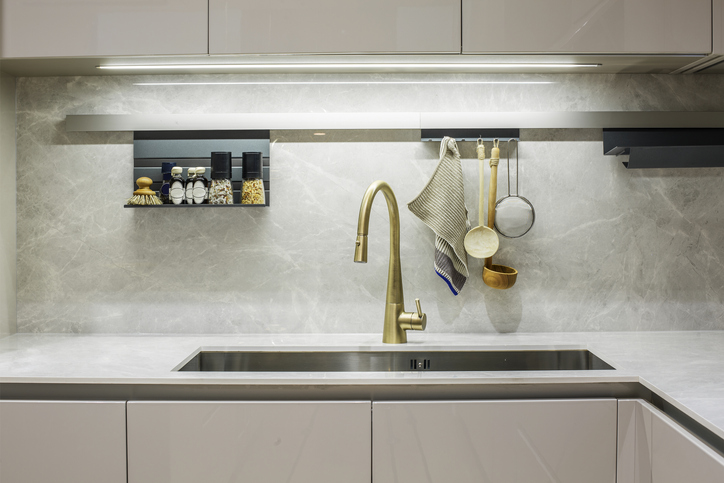
Proper Use and Maintenance
 One of the most common kitchen sink problems is clogging. This can be caused by a buildup of food particles, grease, and other debris in the pipes. To prevent this, it is important to properly use and maintain your kitchen sink.
Avoid pouring oil and grease down the drain
as they can solidify and cause blockages.
Use a strainer
to catch food particles and regularly clean it out to prevent buildup.
Run hot water down the drain periodically
to help dissolve any potential clogs. Additionally, avoid putting any non-food items down the sink, as they can also cause blockages.
One of the most common kitchen sink problems is clogging. This can be caused by a buildup of food particles, grease, and other debris in the pipes. To prevent this, it is important to properly use and maintain your kitchen sink.
Avoid pouring oil and grease down the drain
as they can solidify and cause blockages.
Use a strainer
to catch food particles and regularly clean it out to prevent buildup.
Run hot water down the drain periodically
to help dissolve any potential clogs. Additionally, avoid putting any non-food items down the sink, as they can also cause blockages.
Addressing Leaks
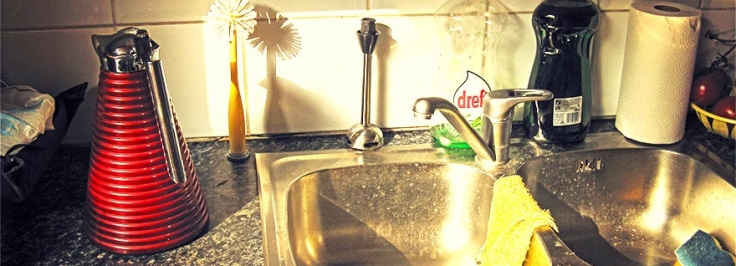 Another common problem with kitchen sinks is leaks.
Regularly check for and address any leaks
as they can cause damage to your cabinets and flooring if left untreated.
Replace worn out or damaged seals and gaskets
to prevent leaks from occurring. It is also important to
properly tighten all connections
to prevent leaks from developing. If you notice any leaks, be sure to fix them as soon as possible to avoid any further damage.
Another common problem with kitchen sinks is leaks.
Regularly check for and address any leaks
as they can cause damage to your cabinets and flooring if left untreated.
Replace worn out or damaged seals and gaskets
to prevent leaks from occurring. It is also important to
properly tighten all connections
to prevent leaks from developing. If you notice any leaks, be sure to fix them as soon as possible to avoid any further damage.
Dealing with Garbage Disposal Issues
 Many kitchen sinks come equipped with a garbage disposal, which can also cause problems if not used properly.
Never put hard or fibrous materials
such as bones, fruit pits, or potato peels down the disposal as they can cause damage.
Run cold water while using the disposal
to help flush the waste down the drain. If your disposal starts to make unusual noises or becomes jammed,
turn it off immediately and use tongs or pliers to remove any obstructions
. Regularly cleaning and maintaining your garbage disposal can also help prevent future problems.
Many kitchen sinks come equipped with a garbage disposal, which can also cause problems if not used properly.
Never put hard or fibrous materials
such as bones, fruit pits, or potato peels down the disposal as they can cause damage.
Run cold water while using the disposal
to help flush the waste down the drain. If your disposal starts to make unusual noises or becomes jammed,
turn it off immediately and use tongs or pliers to remove any obstructions
. Regularly cleaning and maintaining your garbage disposal can also help prevent future problems.
Knowing When to Call a Professional
 While many kitchen sink problems can be easily prevented and fixed, there are some instances where it is best to
call a professional plumber
. If you notice a foul odor coming from your sink, it could be a sign of a larger issue.
Persistent clogs or slow draining
could also indicate a more serious problem in your plumbing system. In these cases, it is best to seek the help of a professional to properly diagnose and fix the issue.
In conclusion,
proper use and maintenance
of your kitchen sink is key to preventing common problems. Regularly checking for and addressing leaks, properly using your garbage disposal, and knowing when to call a professional can help keep your kitchen sink functioning properly and avoid costly repairs in the future. By following these tips, you can ensure a smooth and hassle-free experience with your kitchen sink.
While many kitchen sink problems can be easily prevented and fixed, there are some instances where it is best to
call a professional plumber
. If you notice a foul odor coming from your sink, it could be a sign of a larger issue.
Persistent clogs or slow draining
could also indicate a more serious problem in your plumbing system. In these cases, it is best to seek the help of a professional to properly diagnose and fix the issue.
In conclusion,
proper use and maintenance
of your kitchen sink is key to preventing common problems. Regularly checking for and addressing leaks, properly using your garbage disposal, and knowing when to call a professional can help keep your kitchen sink functioning properly and avoid costly repairs in the future. By following these tips, you can ensure a smooth and hassle-free experience with your kitchen sink.


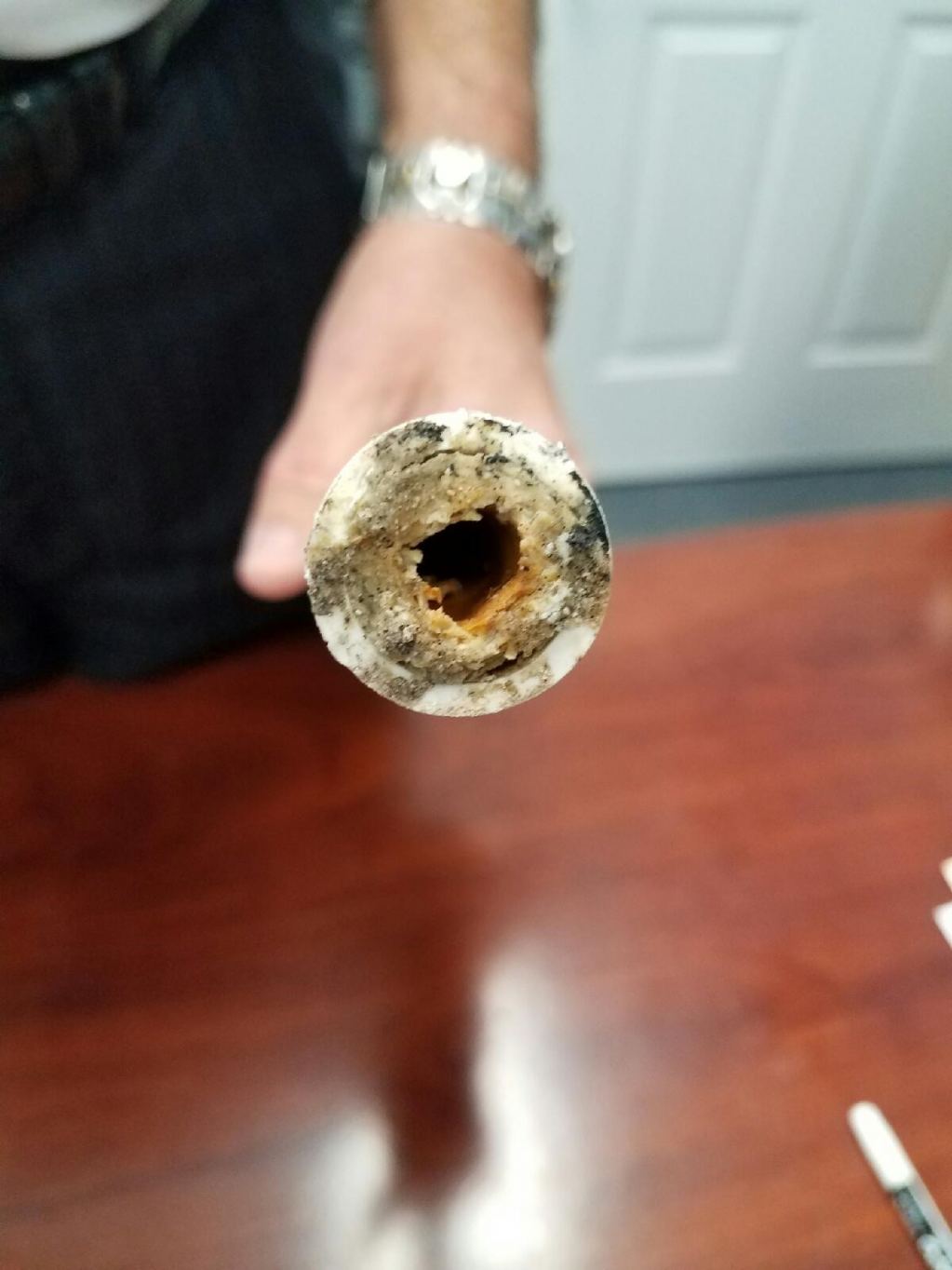


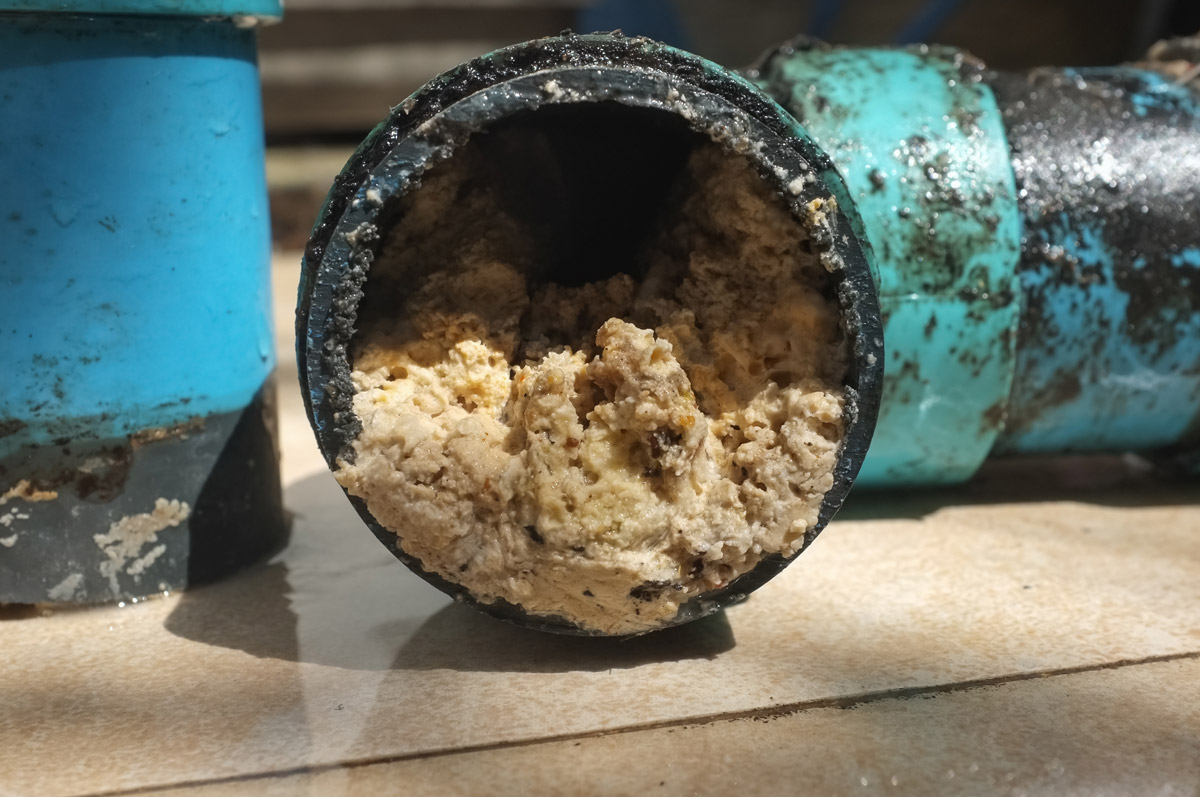
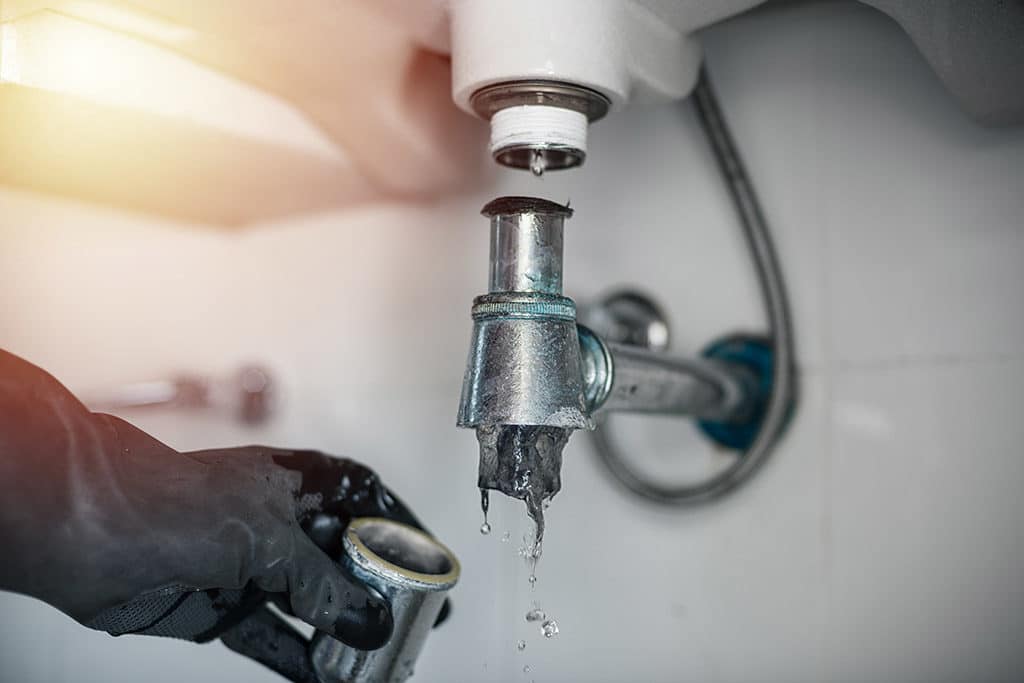
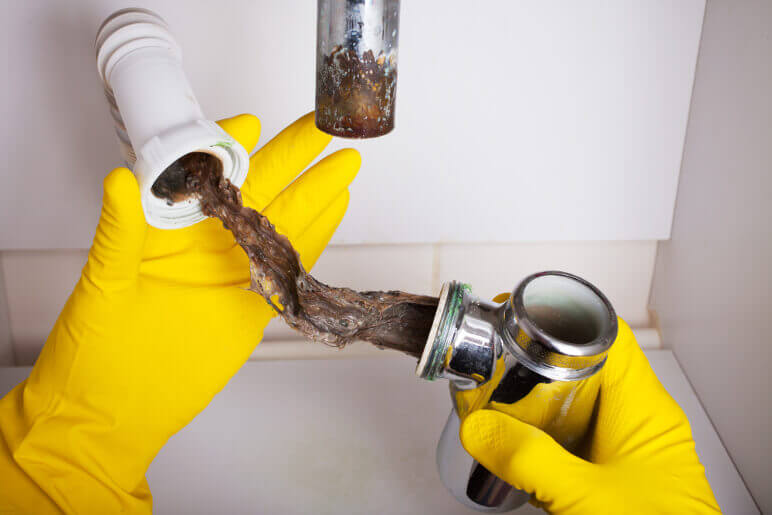

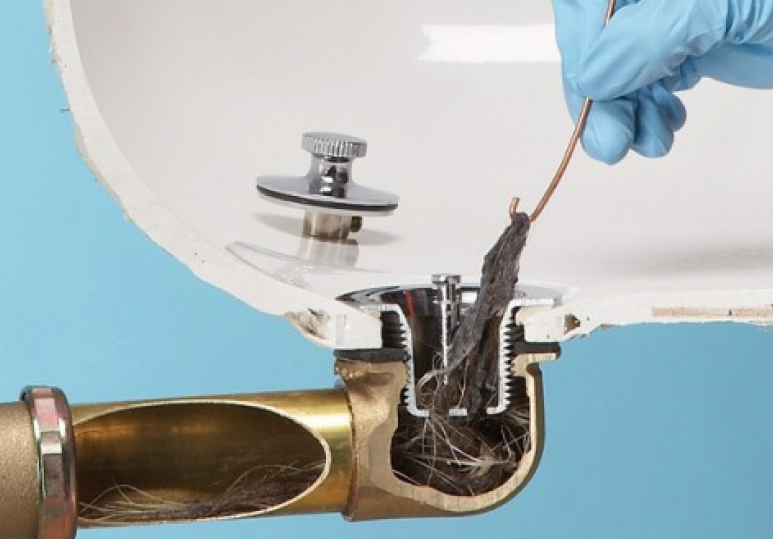
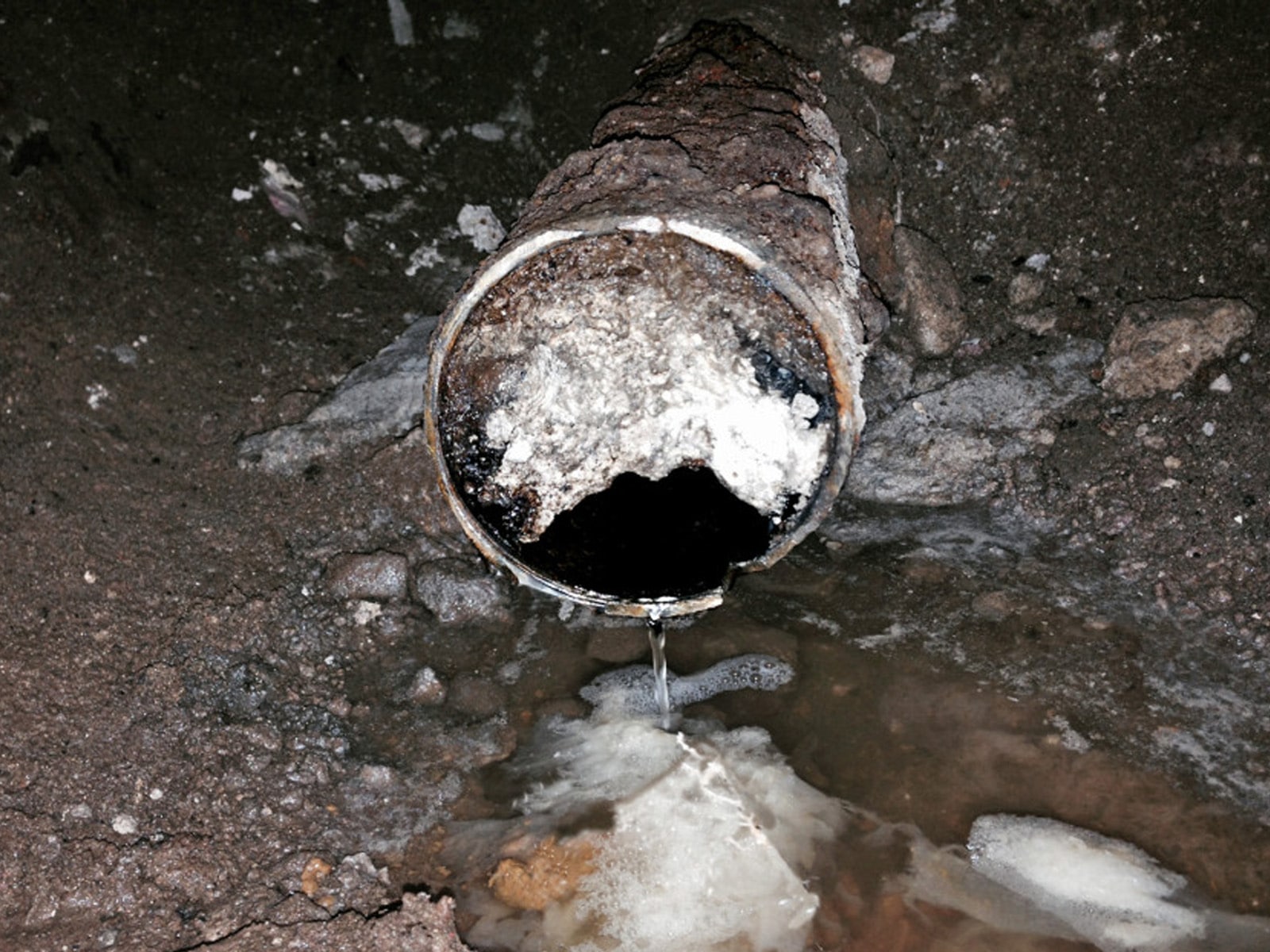
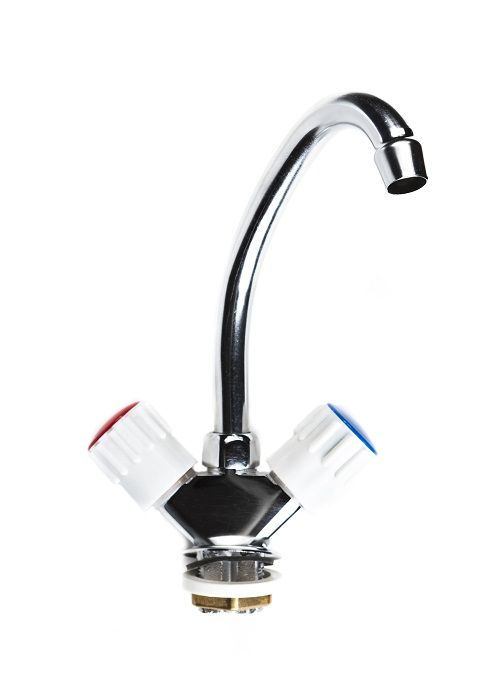
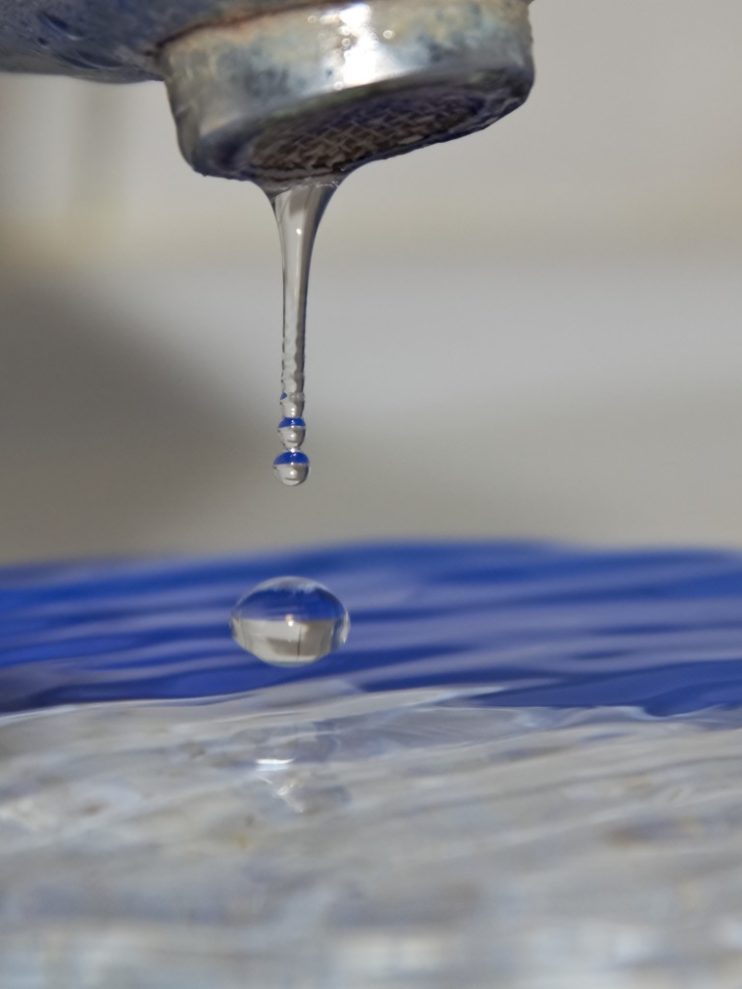

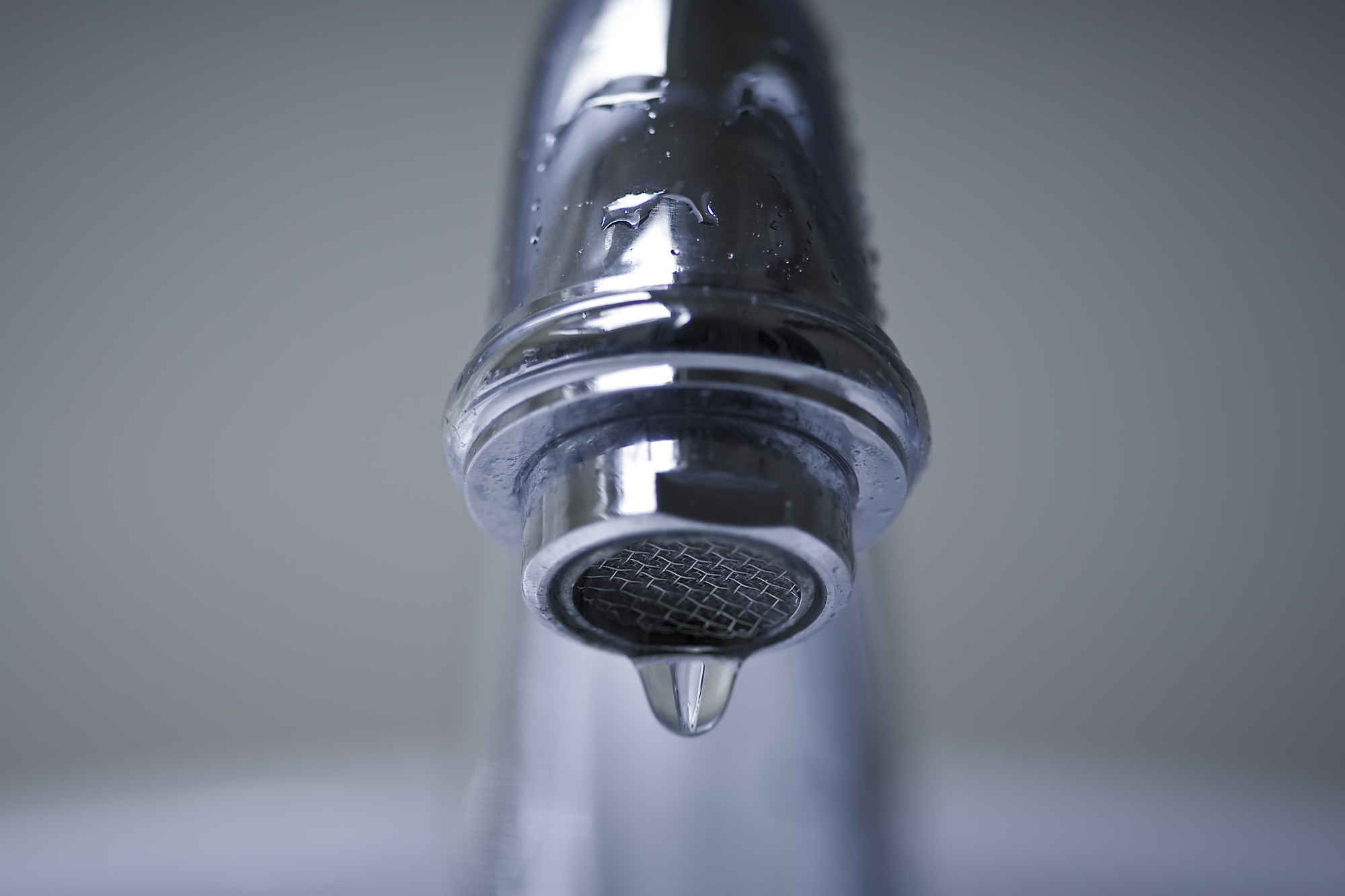

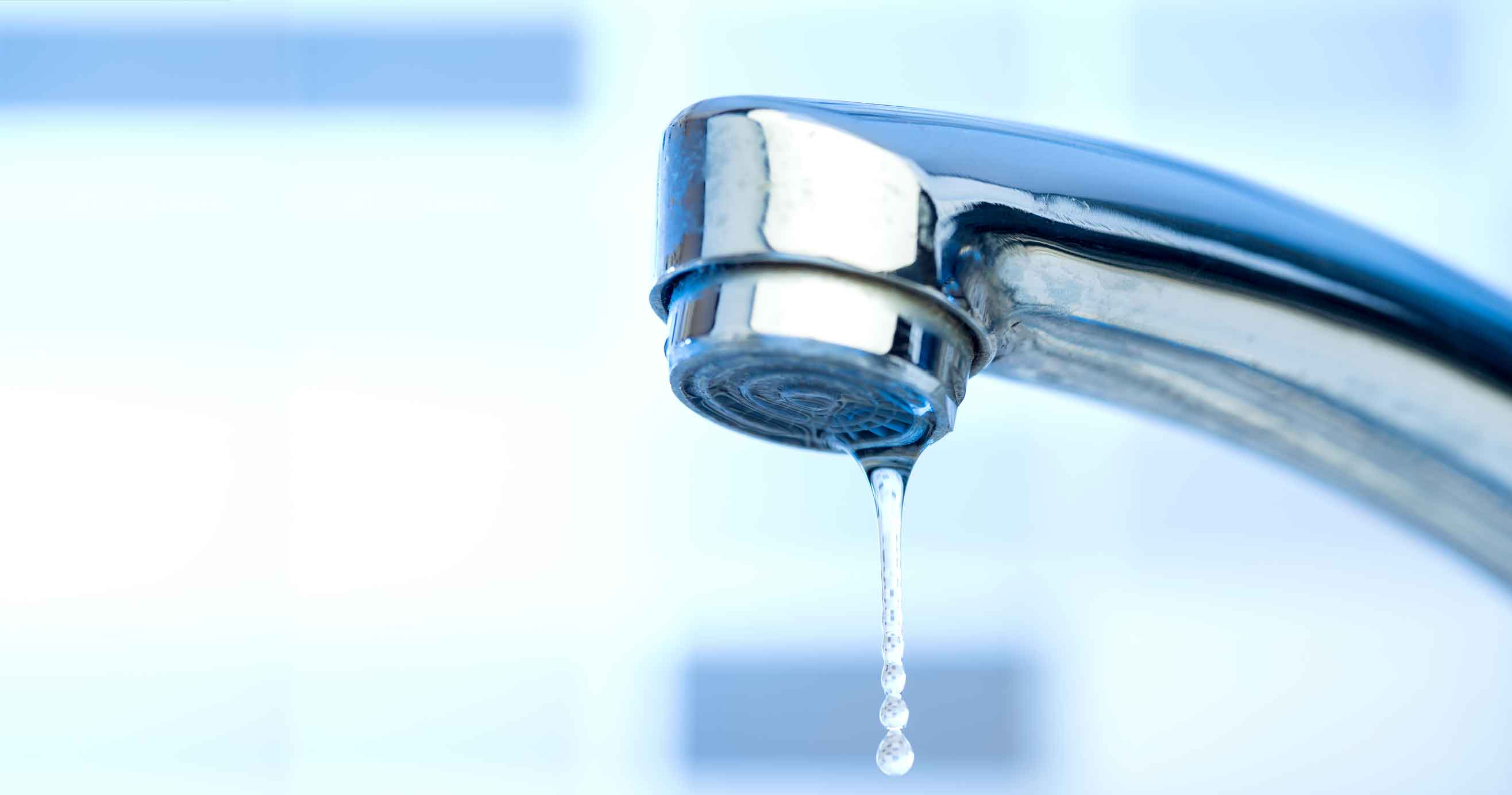
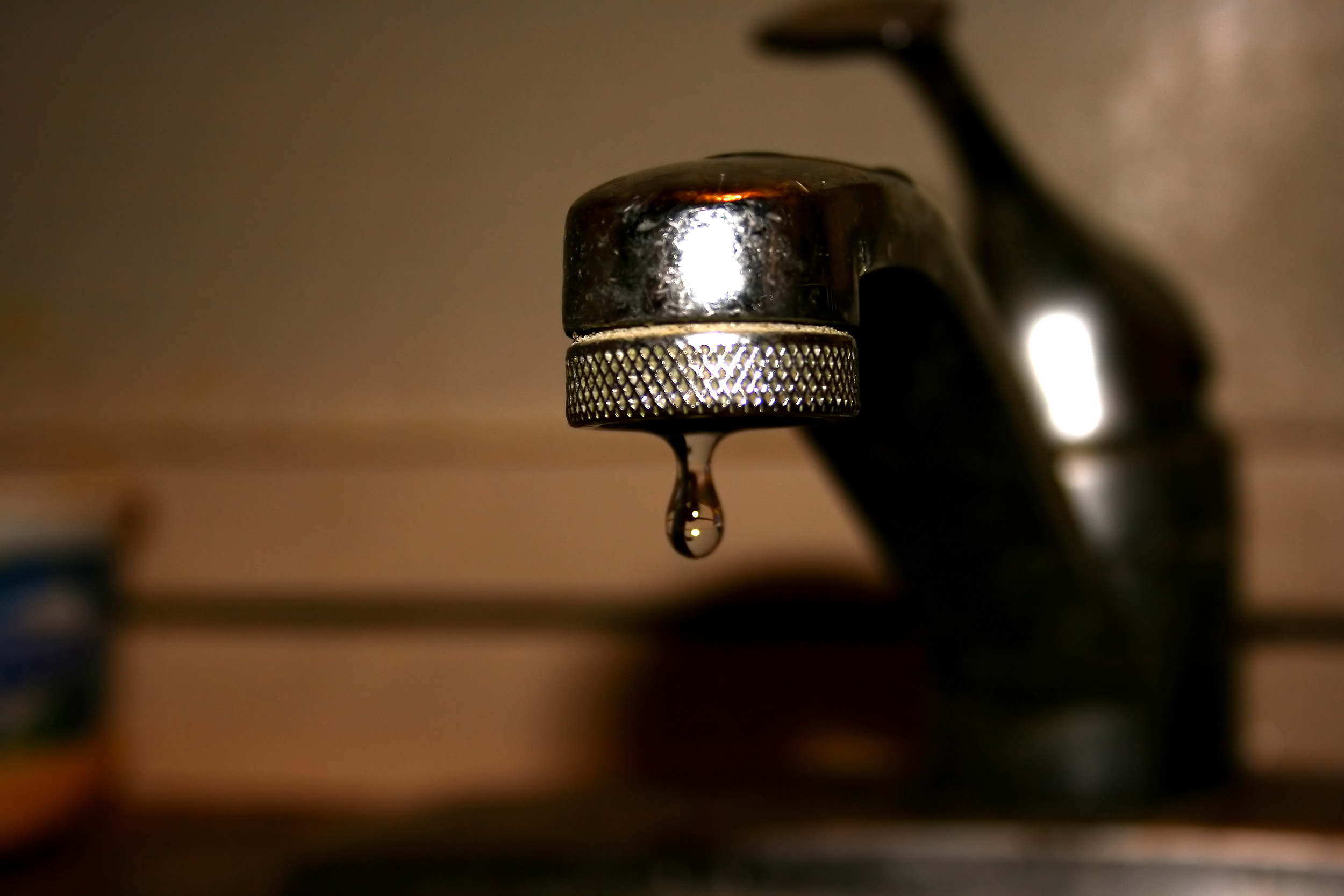
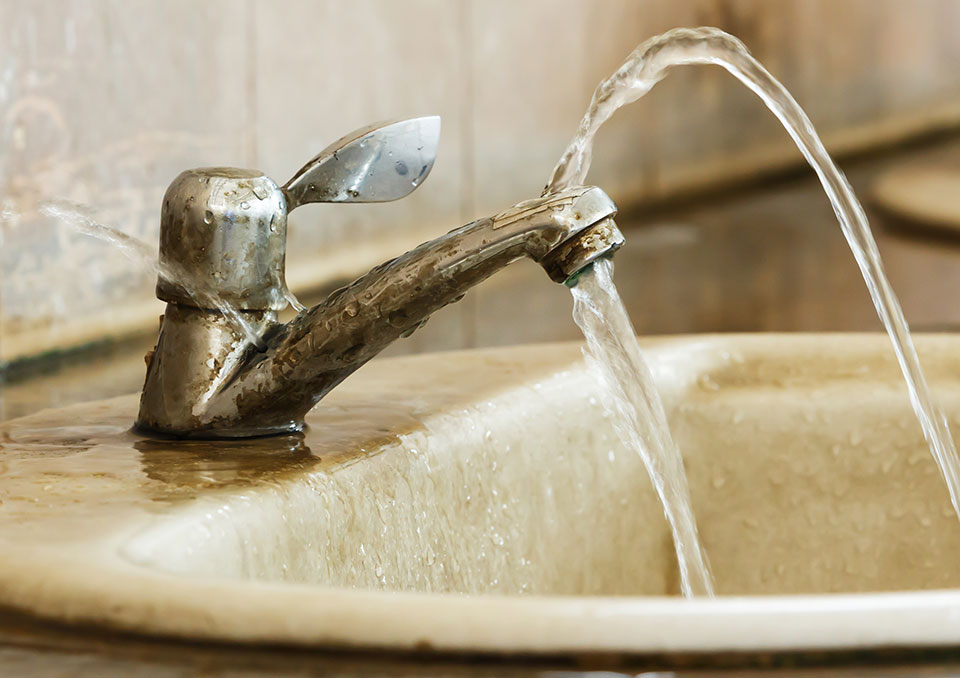
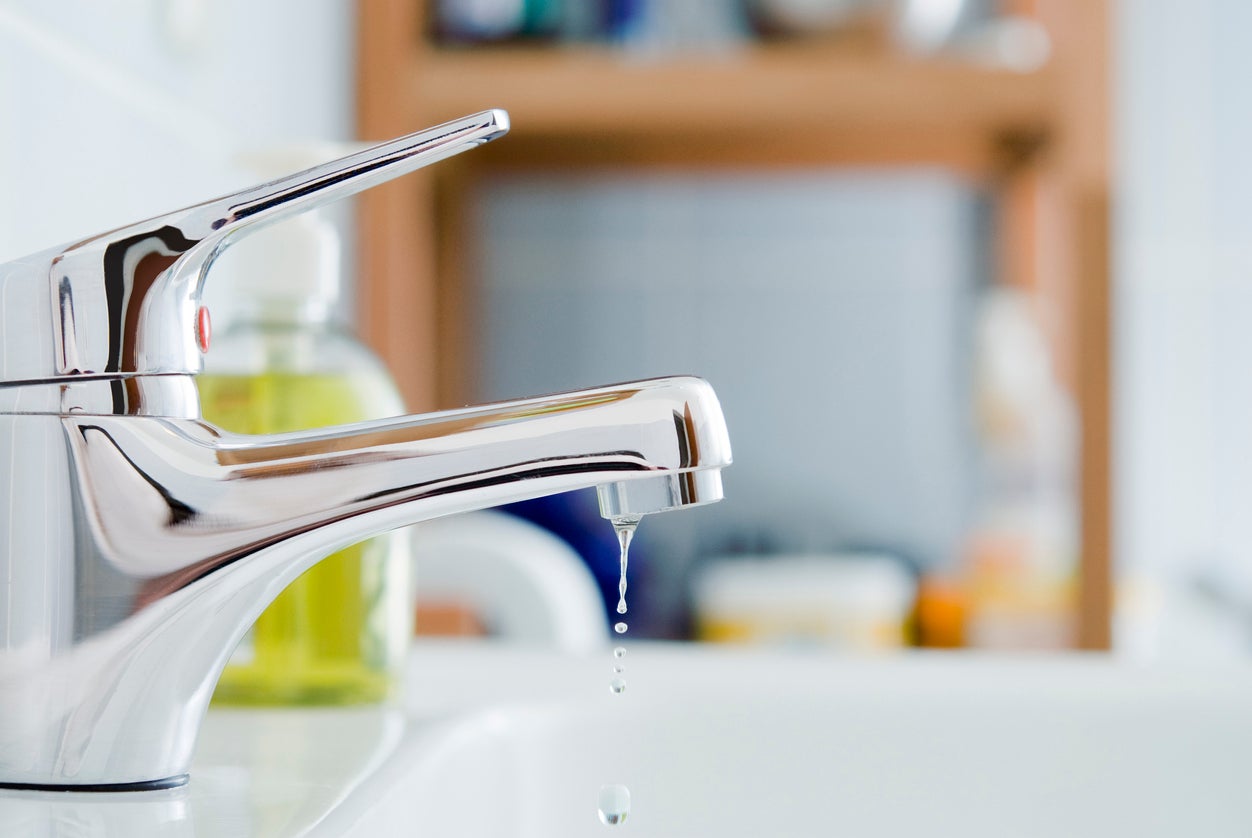
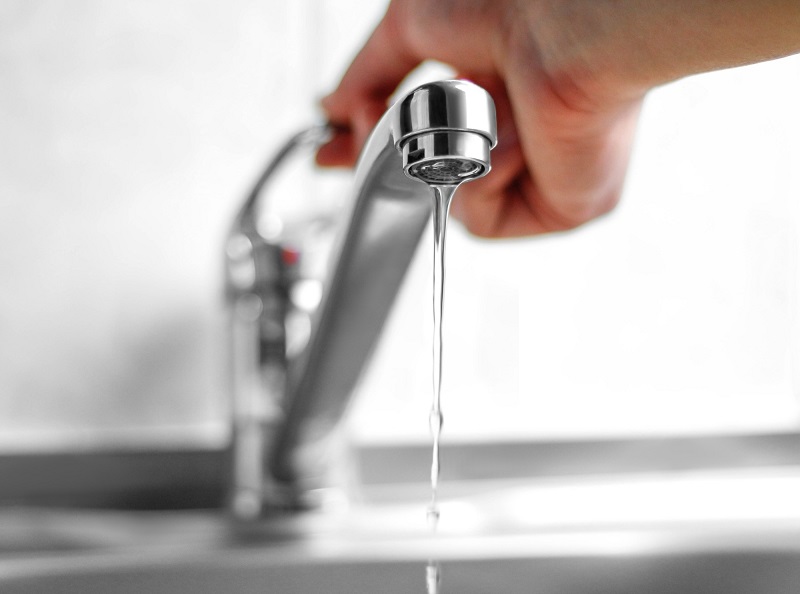

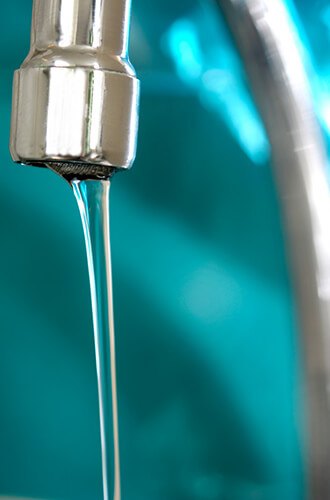


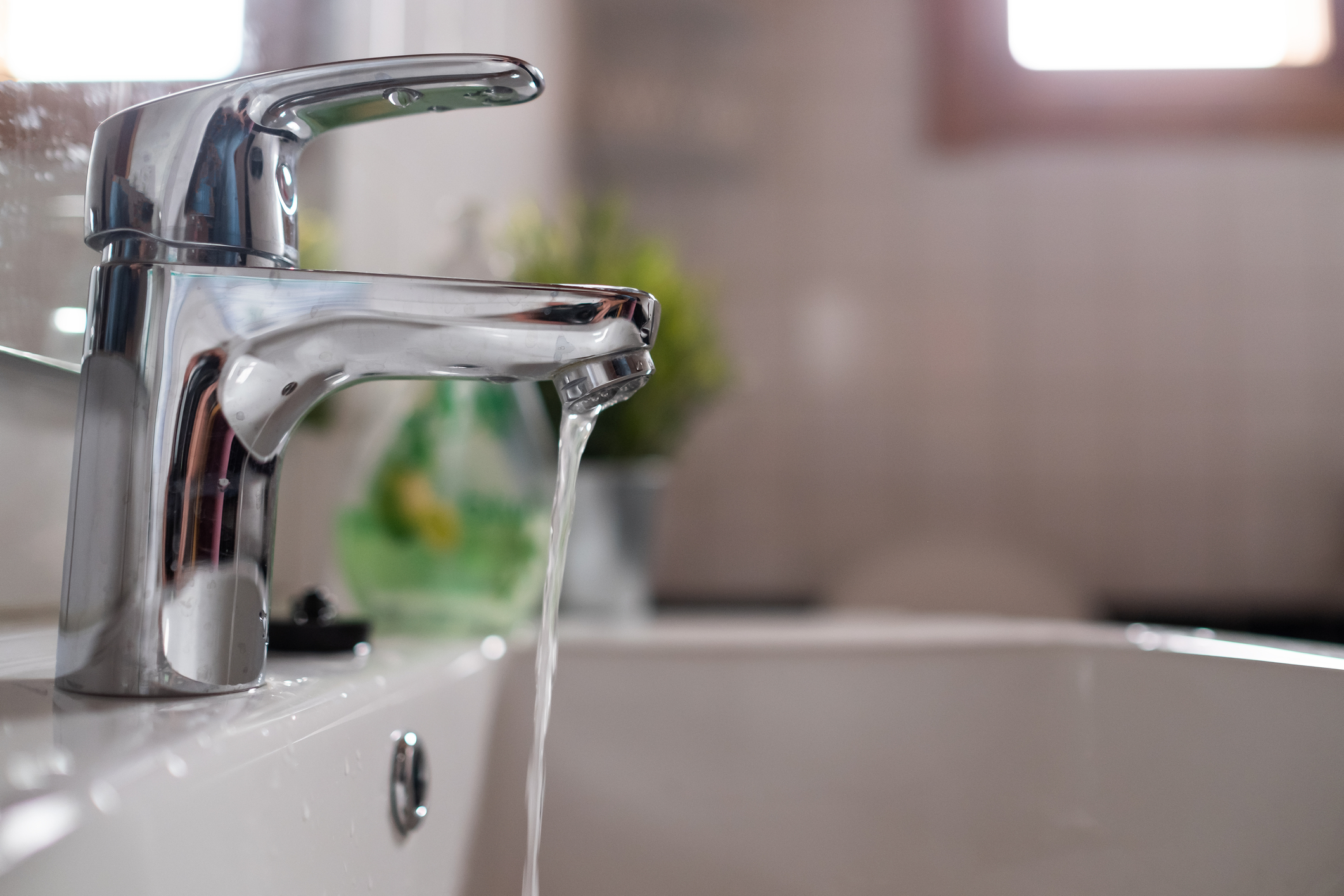

:max_bytes(150000):strip_icc()/testing-water-pressure-in-your-home-2718692-04-c37ab3236d0d4b61b87079ebf9ef823e-c1e1ef0104fb44778a287bd9bb5ec140.jpeg)
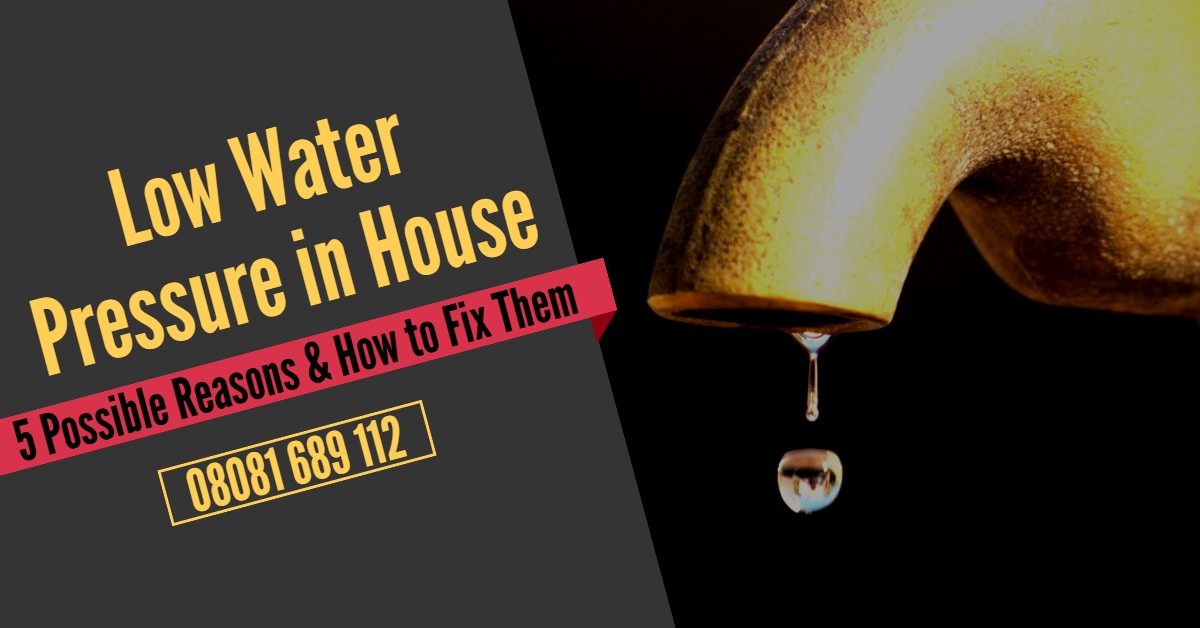
:max_bytes(150000):strip_icc()/the-men-s-hand-opens-the-ball-valve-on-the-collector-1006810456-5c5fc73fc9e77c000159c4af.jpg)


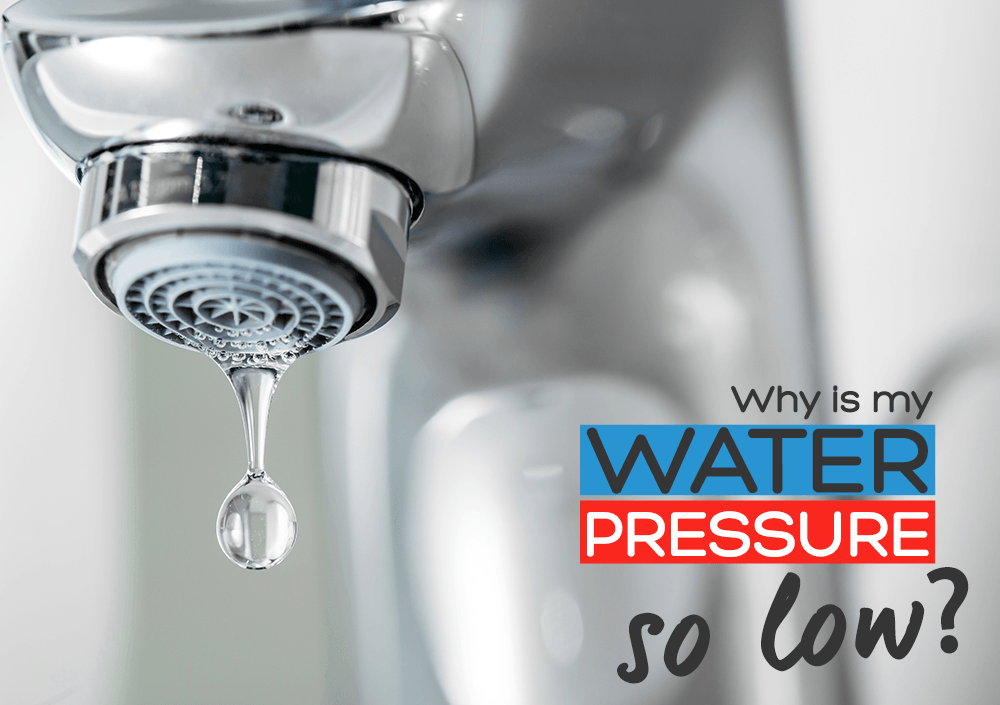
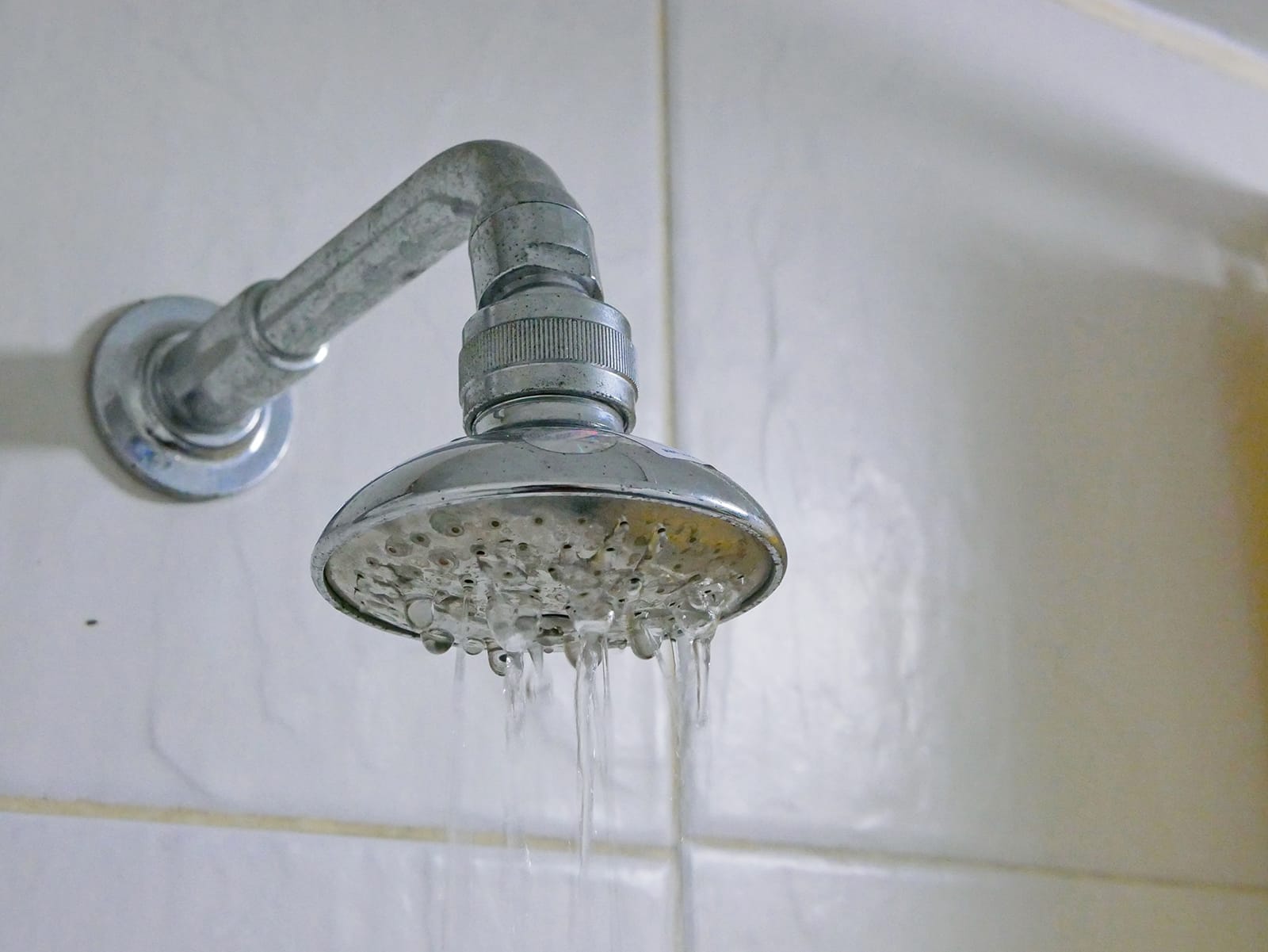
:max_bytes(150000):strip_icc()/home-water-pressure-problems-2718730-3d3b6ee75946443eba2b19138c3dc830.png)



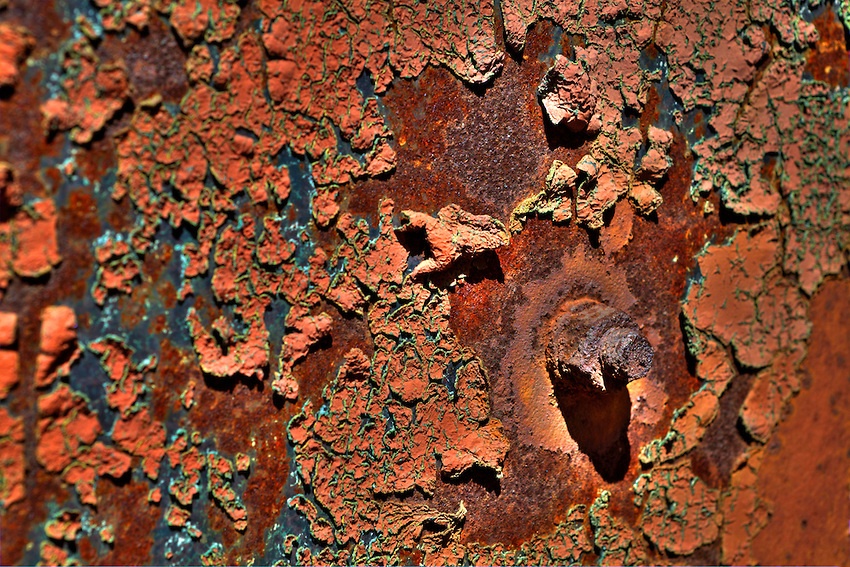
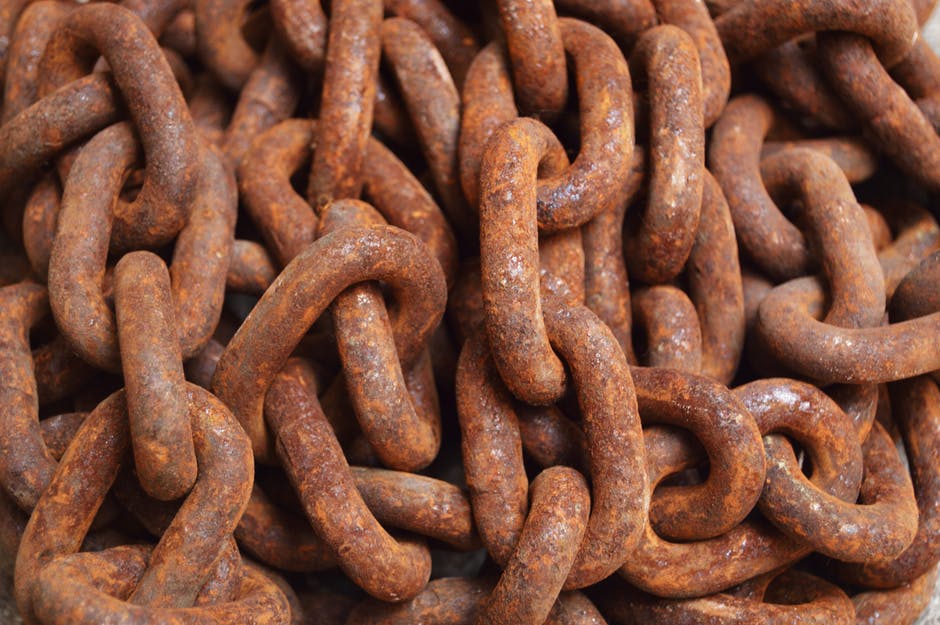


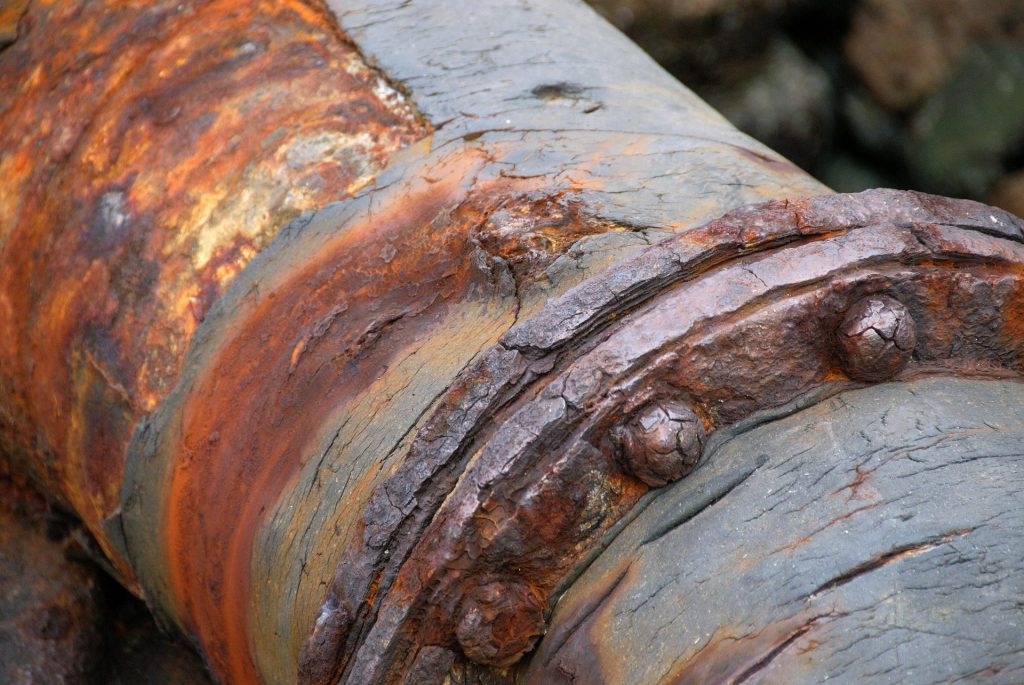
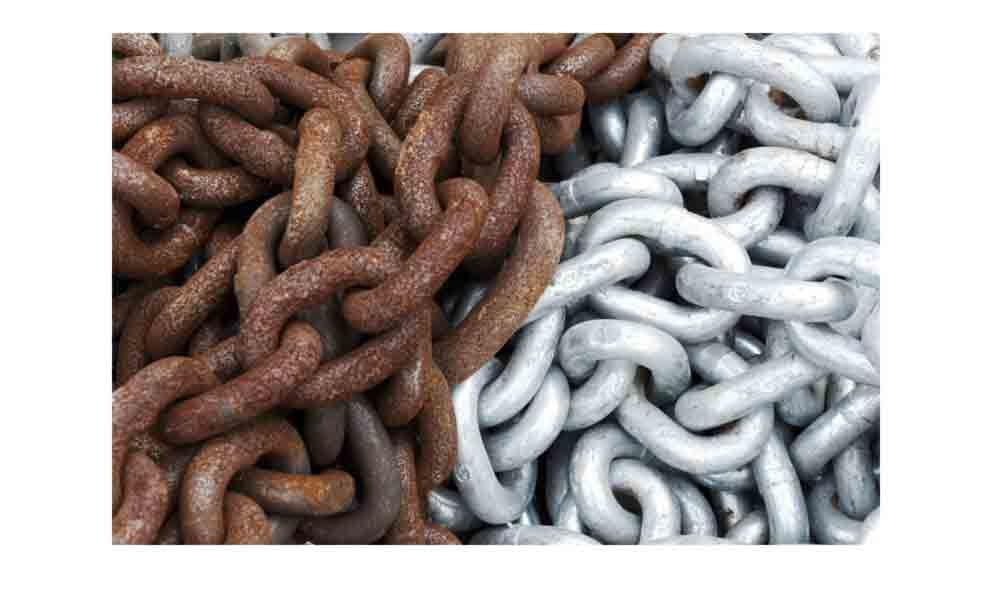
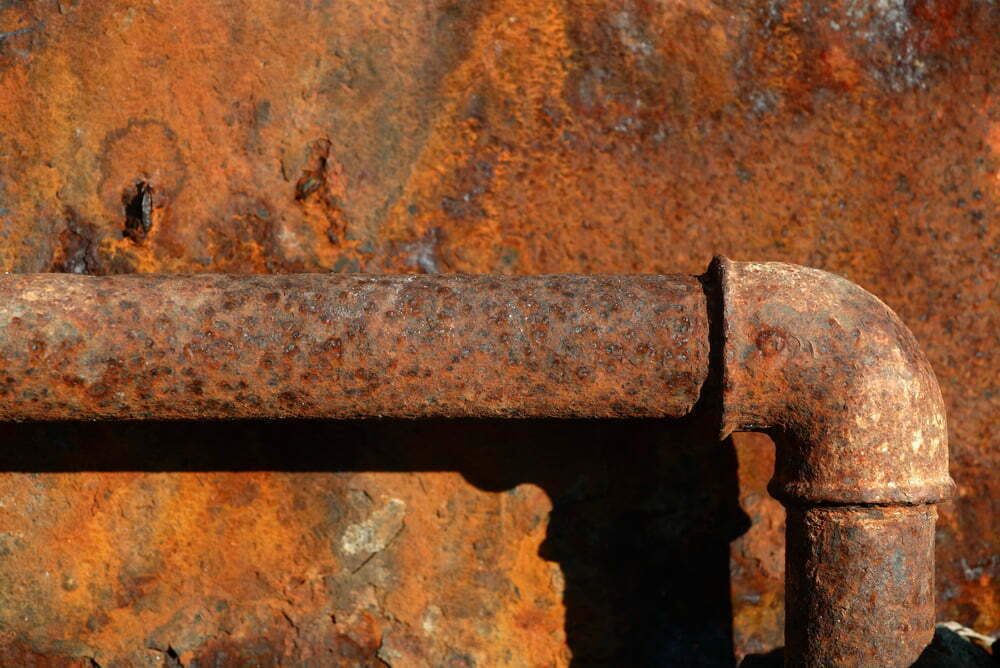





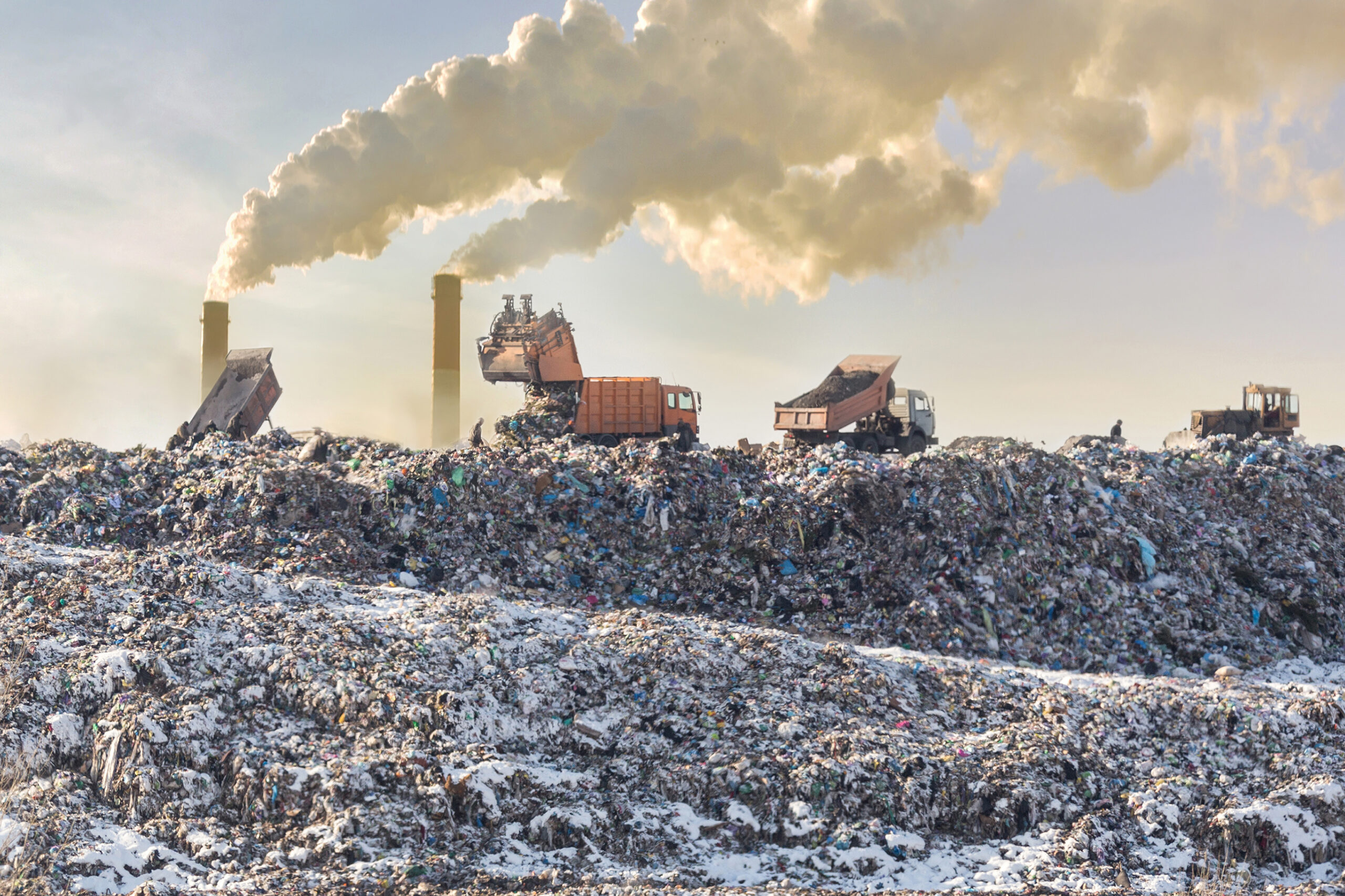

/GettyImages-168849544-5e525898bfba48fc82adfdd2d72f9755.jpg)

